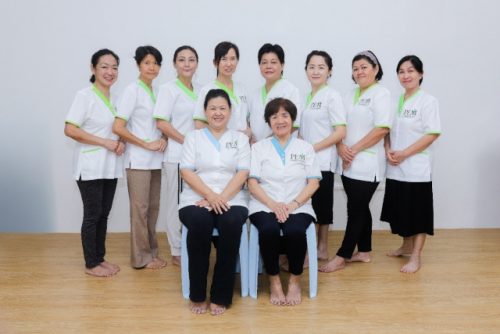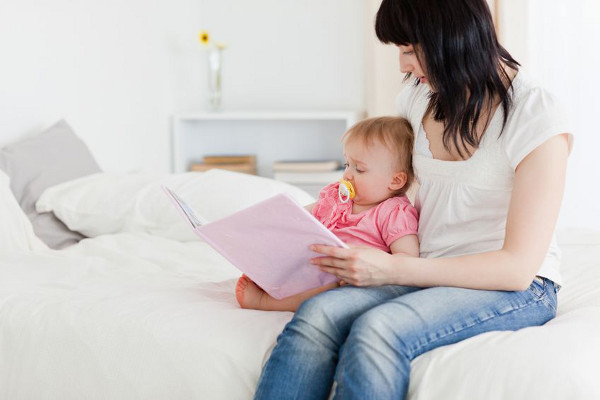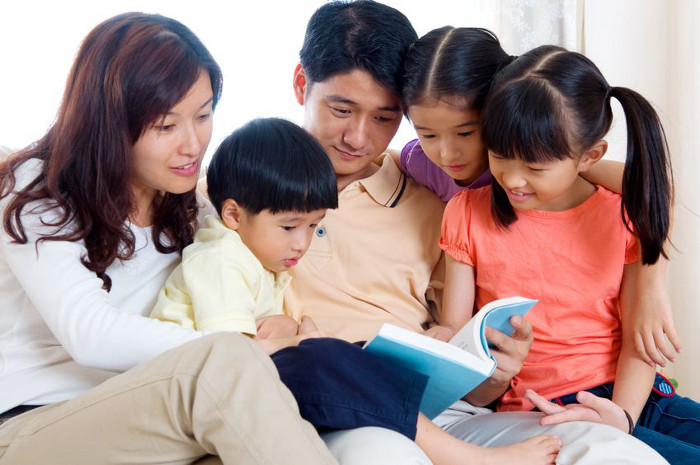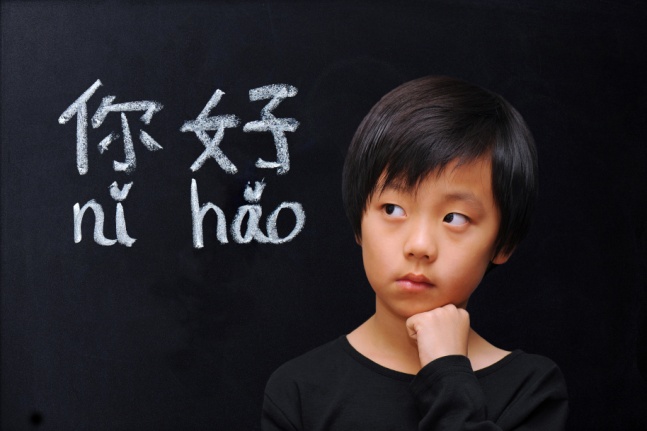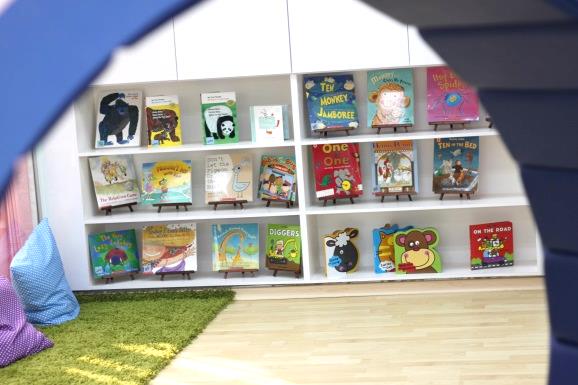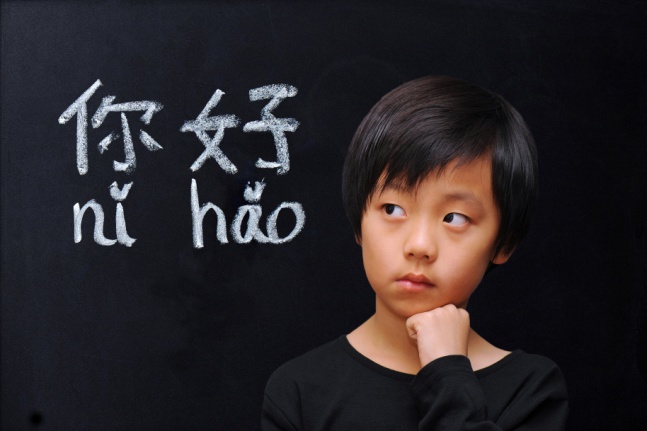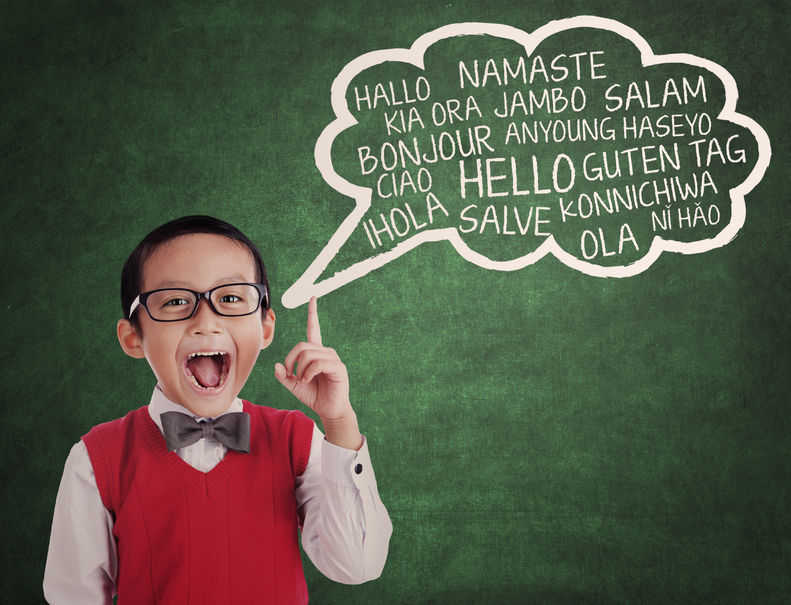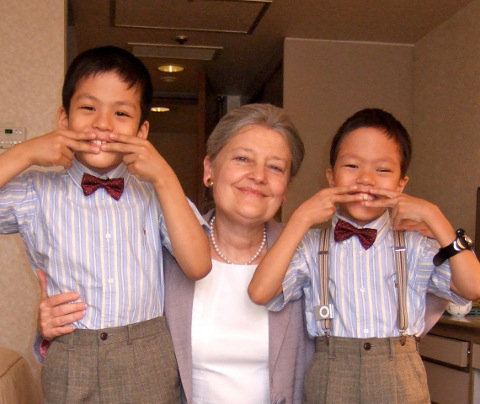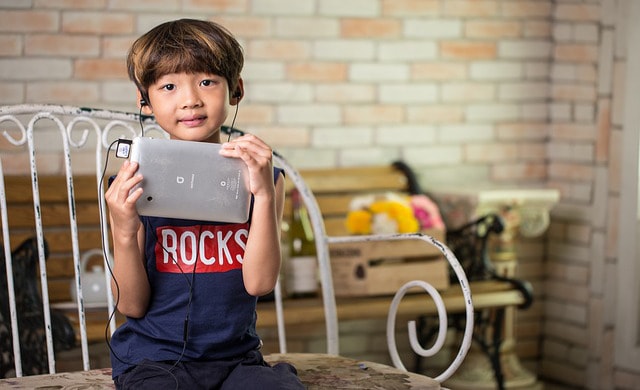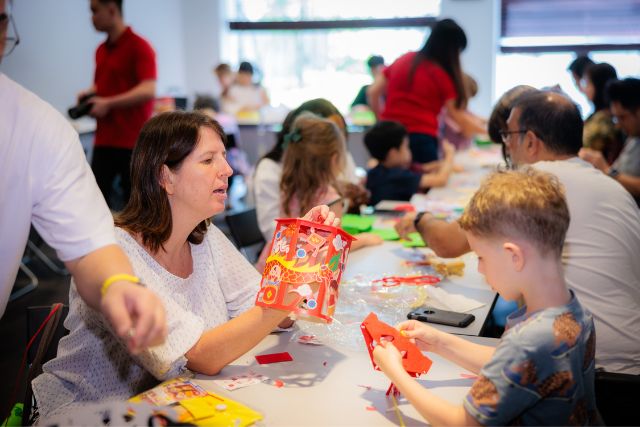It is not uncommon for many parents to face the challenges of having to build a strong foundation for their children when it comes to the second language. Here are 10 tips from some of our experts on how to raise a bilingual child.
1. Start Early
From a researcher’s point of view, the best age to start your child in learning a second language is from age 2 and above. Even though Singapore education states it is not compulsory for children to learn Hanyu Pinyin before Primary One, I encourage parents to get their child to learn it before Primary One because a child’s “window of opportunity” occurs when he is 2 to 6 years old. Hanyu Pinyin is like a ‘key’ to unlocking the Chinese codes. Once children have mastered the ‘key’, understanding and learning Chinese will be smoother and easier.
– Dr. Chua Chee Lay, writer, poet and professor
Exposing a child as early as possible to a second language would make them less prone to rejecting the language as they grow up. Had I been able to find a pre-school for my children that allowed me to choose the medium of instruction, I believe they would have had a greater appreciation for the Chinese language and become more proficient in it in their later years in school.
– Kristie Lim, Principal & Co-Founder of Mind Stretcher Education Group
2. Create a Dominant Language
A dominant language will be the language that the child will use most frequently and is the one likely to gain fluency first. This will aid in a purposeful understanding of what is being taught through association. For example, you are learning to say the word ‘goodbye’ in English (which is your dominant language). If you were to pick up say, French as your new language, then when you learn the word ‘au voir’, you will start to associate the English version of it with your new language. This helps you to remember better. However, it does not mean that you should only teach a child a language at a time. Rather introduce a new language when one reaches fluency for the other.
– Esther Lim, CEO and Founder of LEAP SchoolHouse
➡️ Related Read: Raising Bilingual And Trilingual Kids
3. Equal Exposure To Both Languages
Children will be effectively bilingual if their exposure to both languages is more or less equal. If your child is only exposed to 5 – 10 hours of Mandarin a week and the rest of their conversations are in English, they will be more effective and confident communicating in English. If you want to improve their ability to communicate in Mandarin you need to increase their exposure to it. This is true not only with speaking and understanding the spoken language but also reading and writing.
– Fiona Walker, Principal of Schools / CEO of Julia Gabriel Education
4. Use It In Daily Life Settings
Languages are not meant to be used only in classroom settings but in life settings too. When you are out with your child, you can start with talking or describing what you see or what you will be doing for e.g. in Mandarin. Initially, it can be a one-way communication but the idea is to expose the child to the sound of the language and even building up their vocabulary bank. One way to go about doing this is to have a designated time to speak a certain language. For example, you can make all mealtime conversations to be in Mandarin.
– Alicia Tan, Head of Marketing at Nurture Education Group
➡️ Related Read: Creating A Unique Bilingual Experience For Your Child
Make a part of the day for ‘second language’. For example shower time, playtime or when out walking in the park. During such times, you can sing a familiar song that your child has heard you sing before. Or start the day with the language you wish your child to learn during his formative years. A ‘good morning’ or ‘hello’ song will help your child associate that language with the start of the day.
– Patricia Koh, Founder of Pat’s Schoolhouse and Maple Bear Preschool Singapore
5. Praise Your Child
Always celebrate effort as well as success. Parents can show a personal interest in learning a language, even if they are not a native speaker themselves, by encouraging their children to teach them words learnt in school. This is very empowering for a child because they enjoy becoming the ‘teacher’. Ensure you praise their efforts and achievements much more than you correct their grammar or pronunciation.
– Fiona Walker, Principal of Schools / CEO of Julia Gabriel Education
➡️ Related Read: Can My Child Be Bilingual Even If I Am Not Bilingual?
6. Use The Same Language To Explain New Vocab
A point for parents to note is not to fall into the trap of using English to define or explain new Chinese terms to their children. It may seem easier but this will not improve your child’s acquisition of the language. Instead, Use simple Chinese terms to explain or define new terms instead.
– Dr. Chua Chee Lay, writer, poet and professor
7. Using The Right Words At The Right Time
A child will understand the vocabulary used when it is used in the right context. For example, while washing his or her hands, you can say “Let’s wash our hands” or when you have a ball in your hand, say “Catch the ball”, “Throw the ball” or “Let’s bounce the ball” in the second language you wish your child to acquire.
When we speak to a child during the appropriate moments, he or she will remember the word, phrase or sentence better. Words that are not used in the context but are simply flashed on word cards are only putting pressure on the child’s brain to recall. They may not have any meaning for the child and your child may soon lose interest in learning new words.
– Patricia Koh, Founder of Pat’s Schoolhouse and Maple Bear Preschool Singapore
8. Language Immersion Through Overseas Trips or Holidays
An effective way to increase a child’s exposure to the language is to go on language immersion trips. I went on a seven-day trip to Beijing with my daughter. She attended a local preschool in the morning and in the afternoons we did all kinds of cultural activities, from walking along the Great Wall of China, visiting Panda bears in the zoo, to making dumplings. Her proficiency and confidence in using Mandarin improved dramatically, due to the sudden, intense increase in exposure.
– Fiona Walker, Principal of Schools / CEO of Julia Gabriel Education
9. Introduce Popular Children Books
For reluctant readers, you can always do read-aloud. You can also ease children into reading Chinese storybooks based on translated versions of English series. For example, popular titles from the United Kingdom such as ‘Peppa Pig’ and ‘Charlie and Lola’ are available in Chinese too. As the child already has some sort of a positive association with the original series in English, reading to them in Mandarin for those series will be less intimidating.
It is for this reason that KiddiWinkie Schoolhouse has cozy reading nooks and alleys featuring popular and award-winning titles, both in English and Chinese to encourage a love of reading and print awareness. There are also translated copies of the works of award-winning titles such as Eric Carle and Leo Lionni. Many of these titles are also available from the library. An alternative would be to use audio CDs – I have personally used these CDs while cooking and in the car with my daughter.
– Alicia Tan, Head of Marketing at Nurture Education Group
Check out TNAP Story Book Recommendations for children
10. Speak Both Languages To Your Child, Even When They Don’t Respond
I speak to my daughter in Mandarin at home, while my wife speaks to her in English. It’s also important that you stick to the language, even if your children do not respond to you in the language you are speaking as children still learn and acquire skills as they listen to you using the language.
– Dr. Chua Chee Lay, writer, poet and academic
We hope you found these tips helpful!
* * * * *
Have any thoughts or feedback? Share them with us in the comment box below.
Want to be heard 👂 and seen 👀 by over 100,000 parents in Singapore? We can help! Leave your contact here and we’ll be in touch.





